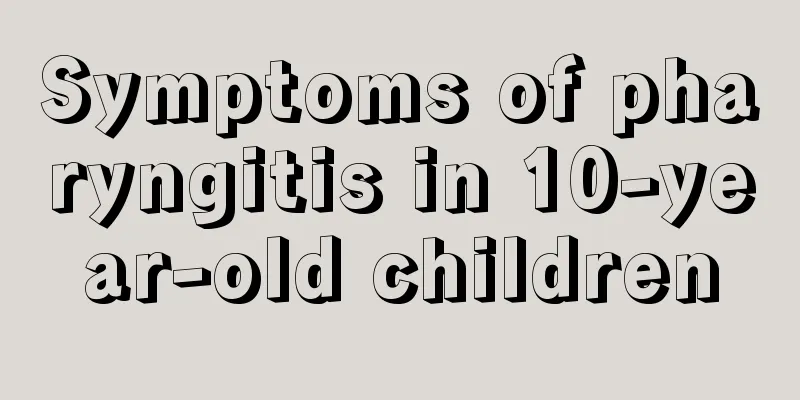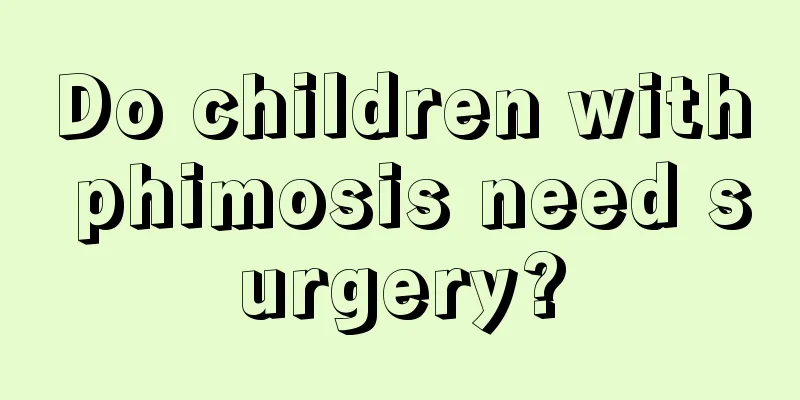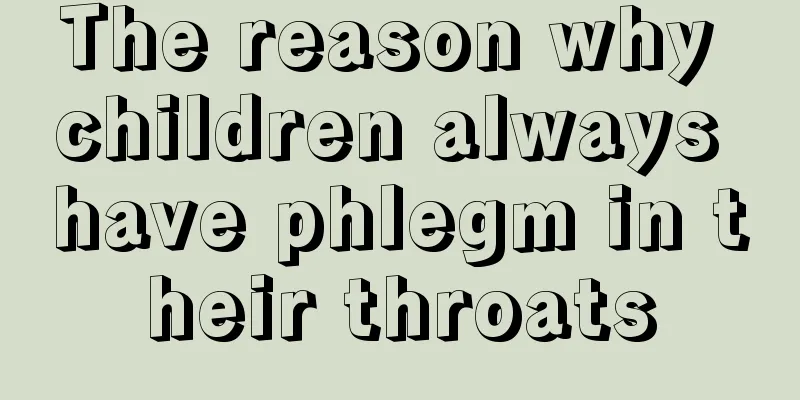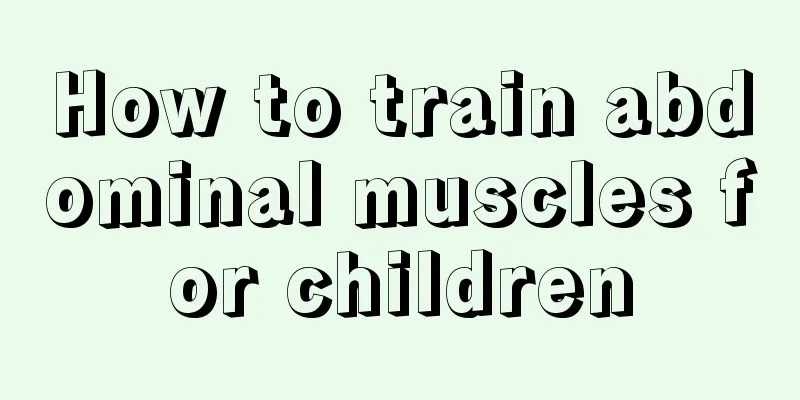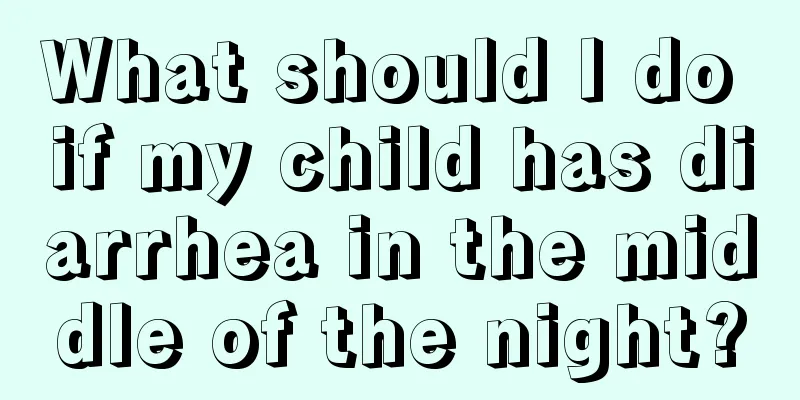What is the cause of the child's ear pain?
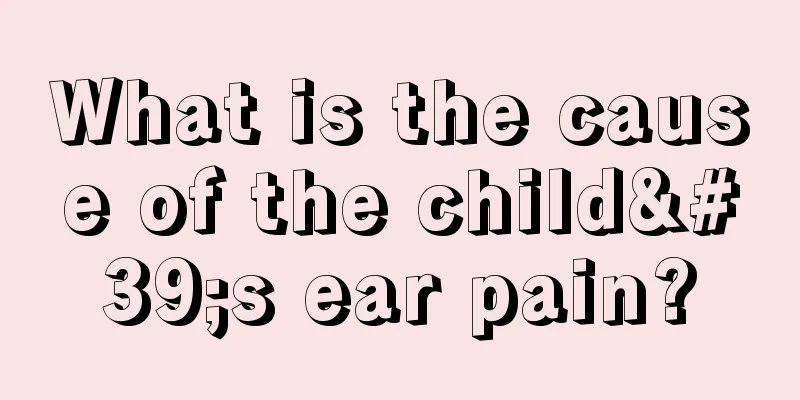
|
Generally speaking, children's reactions to illness are quite obvious. Once they feel pain in a certain part of their body, they will basically tell their parents by crying loudly. In life, babies often have symptoms of ear pain, mainly manifested as tinnitus, ear pain, and hearing loss. There are many reasons for children's ear pain. Next, let us understand the reasons for baby's ear pain. 1. The baby has physical defects or the breastfeeding position is inappropriate. If you hold your baby horizontally to breastfeed or lie flat to suck from a bottle, milk can easily enter the middle ear through the Eustachian tube and cause infection. 2. Cold factors Children's Eustachian tubes are shorter and wider than those of adults. Therefore, fluids in children's oral and nasal cavities can easily flow back into the middle ear cavity, causing middle ear infections. At the same time, children's low resistance can easily induce upper respiratory tract infections and even lead to acute suppurative otitis media. 3. Water in the ears Do not use hard objects to pick your ears to prevent damage to the eardrum. Because children's Eustachian tubes are shorter, wider and straighter, infections can easily enter the middle ear through the Eustachian tube. If not treated in time, the pus in the middle ear cavity may break through the tympanic membrane and flow out due to increased pressure. Therefore, children should pay more attention to preventing water from entering their ears when swimming. 4. Infection Precautions First of all, it is important to remember that the key to treating acute otitis media is to clear the middle ear effusion and improve middle ear ventilation and drainage. At this time, parents should urge their children to strengthen physical exercise to prevent colds. If a child suffers from acute rhinitis or pharyngitis, he or she should be treated early and actively Secondly, pay attention to the correct way to blow your nose, block one nostril and blow the other nostril, pay attention to diet and rest, and try to avoid flying during illness, especially when nasal congestion symptoms are severe. There are many reasons why babies have ear pain. The above are the specific causes of the disease. Do parents understand this aspect? In daily life, parents must pay attention to their baby's health. Once they find that their baby is crying and making a fuss, they must ask carefully and go to the hospital for treatment if necessary. |
<<: Key points for standard care of infant development at three months
>>: What are the symptoms of calcium deficiency in teenagers?
Recommend
How to treat cerebral palsy in children?
Many children suffer from cerebral palsy, which s...
How to correct left-side torticollis in babies
Torticollis in babies has become a common symptom...
How to apply for a child's medical insurance card
It is inevitable that children will get sick and ...
Baby girl's urinary area is red
For babies of different genders, baby girls and b...
Symptoms of hip dislocation in children
Most of the time, hip dislocation in adults is ca...
Children with high antistreptolysin
The physical health of children has always been t...
What to do if your baby is anemic for one week
Anemia in babies is a common disease. There are r...
What should we pay attention to when children have small intestinal prolapse?
Children always have some problems when they are ...
Why is the newborn's voice hoarse when crying?
The first thing a newborn baby does after birth i...
What causes dark circles under boys' eyes?
Nowadays, more and more people have dark circles ...
What to do if children are allergic to mites
Mites often lurk around us, but we don't know...
Three-month-old baby girl's development indicators
I don’t know if you are aware of the developmenta...
Treatment of myasthenia gravis ocular type in children
Many children are born with severe physical probl...
Why does my one-year-old baby have a bulging belly?
Some one-year-old babies have bulging stomachs, w...
What causes laryngitis in children?
If a child suffers from laryngitis, the most obvi...
